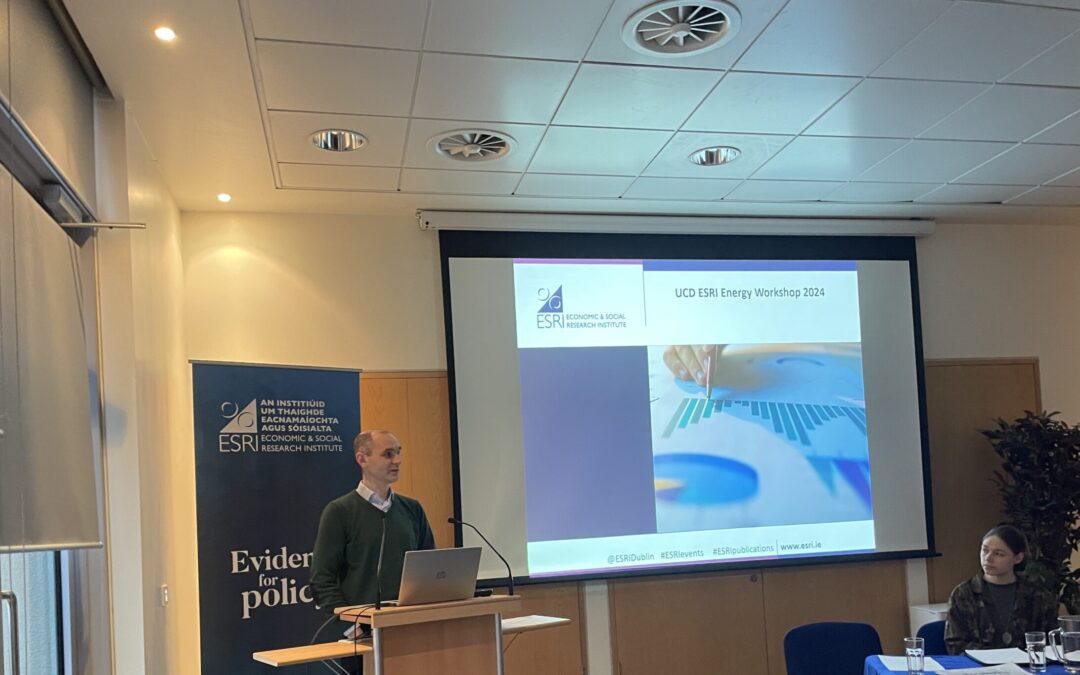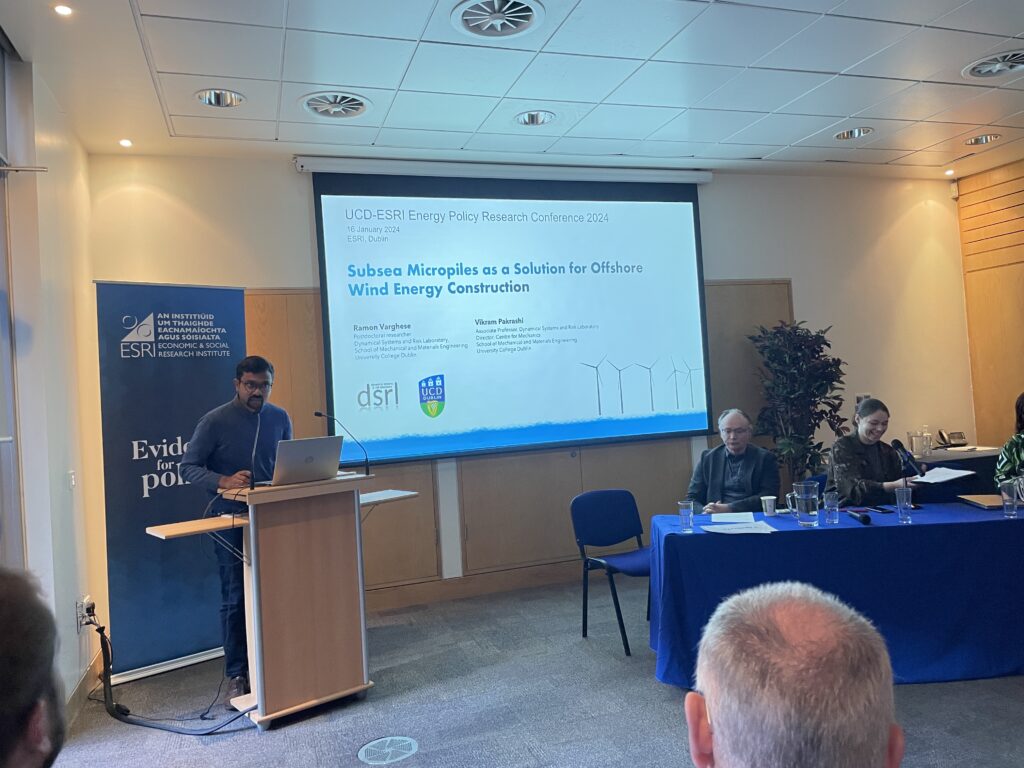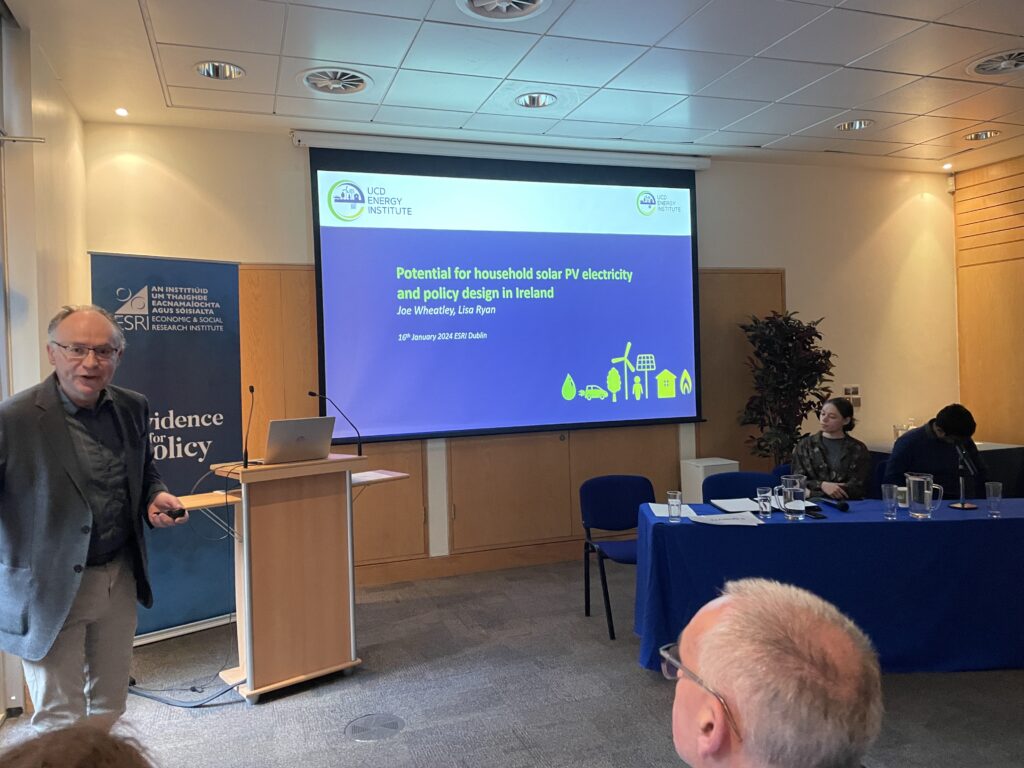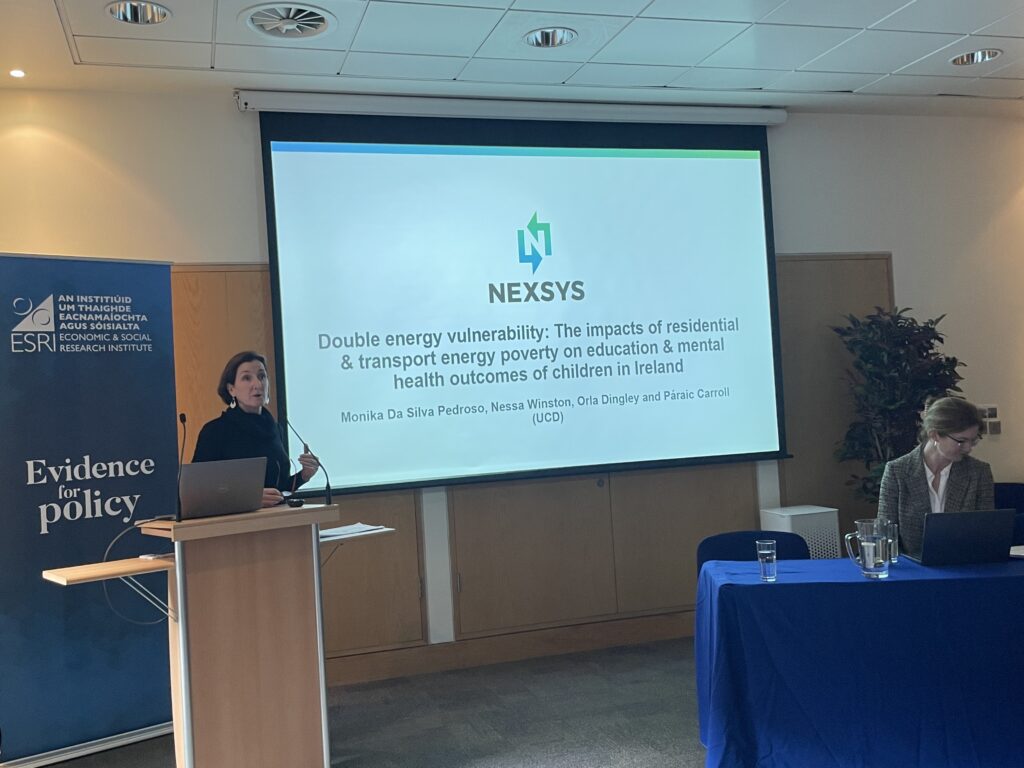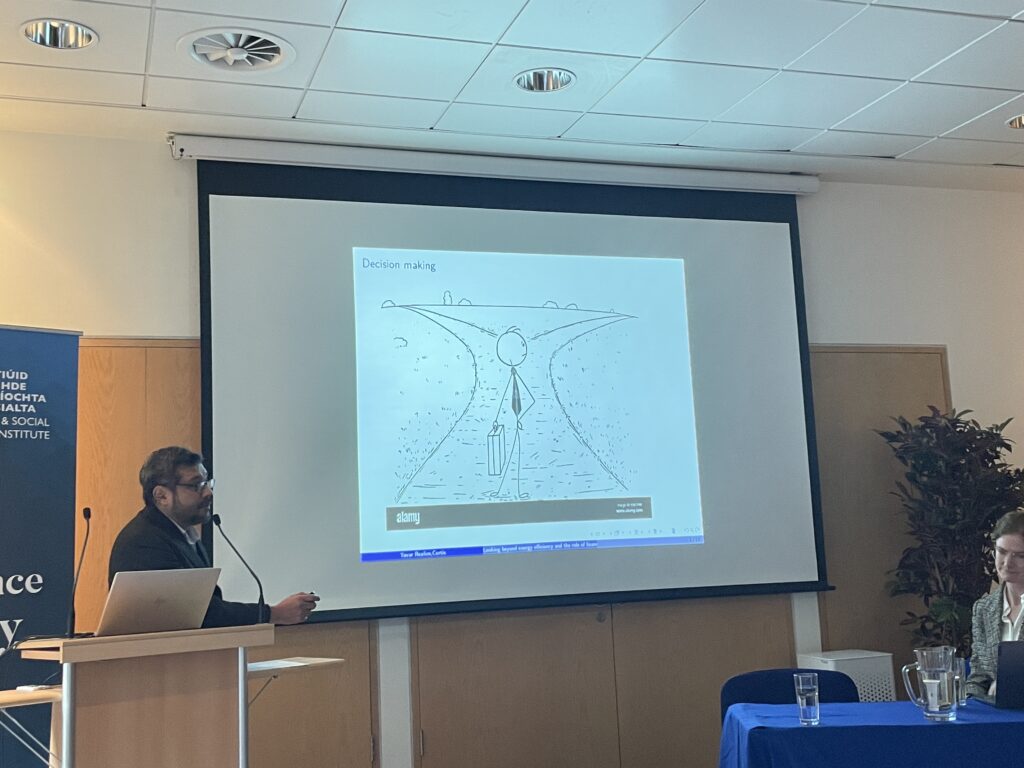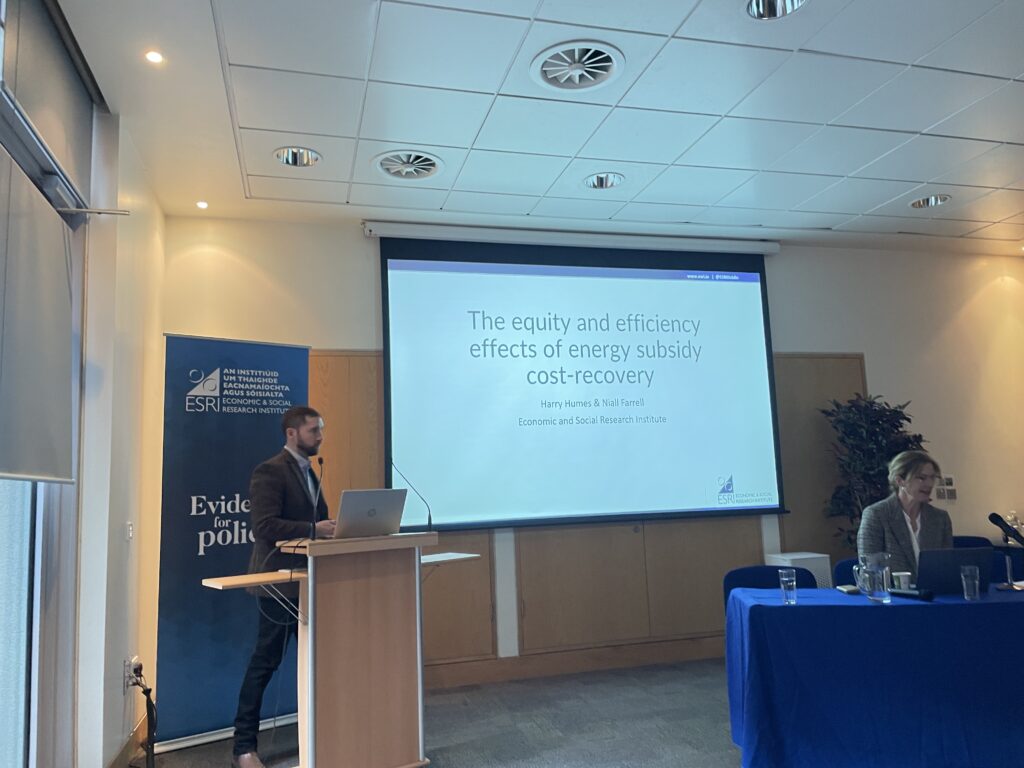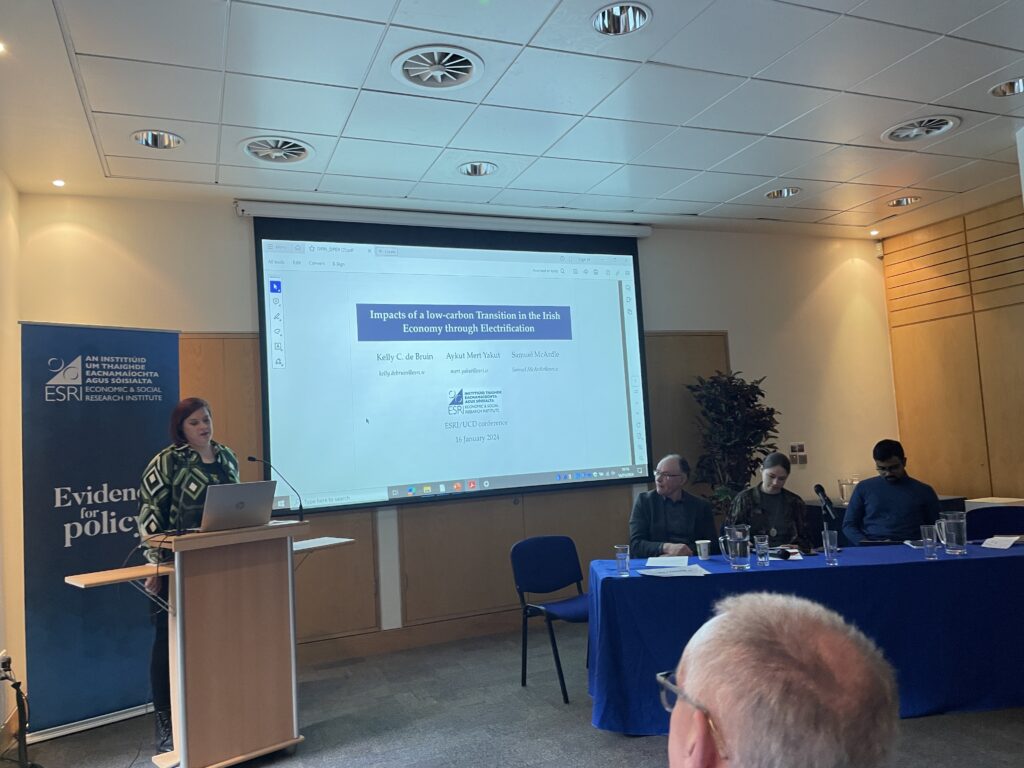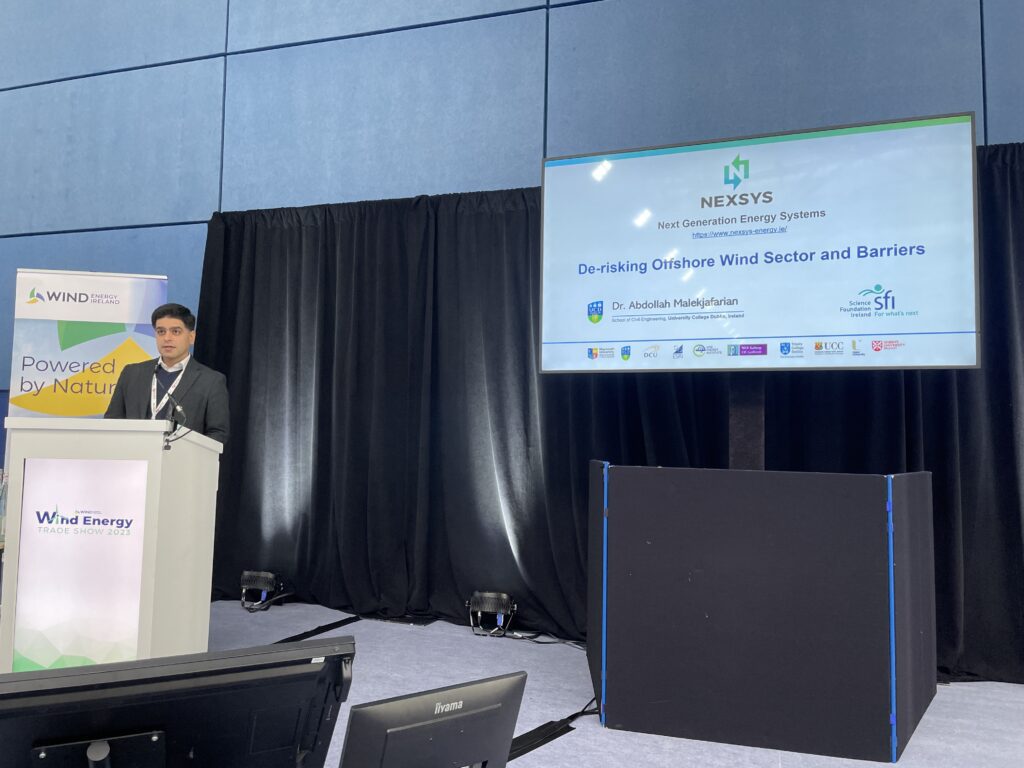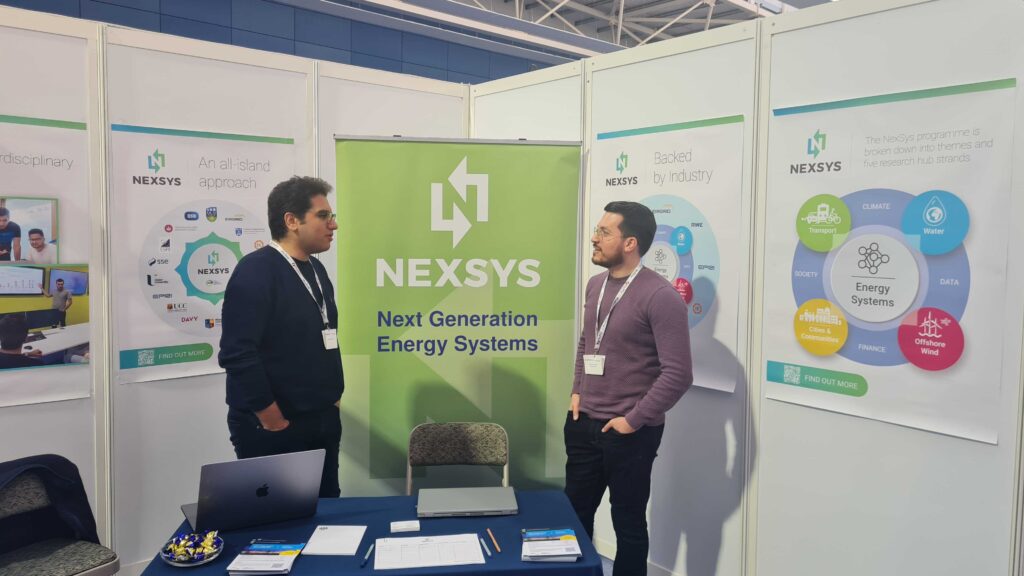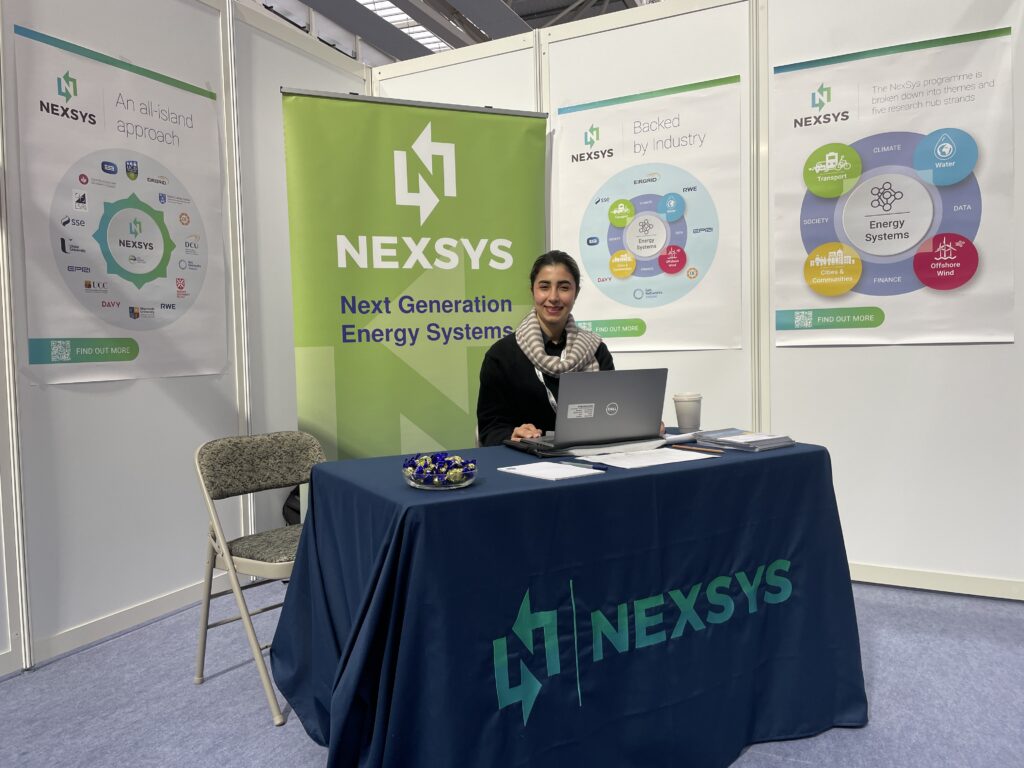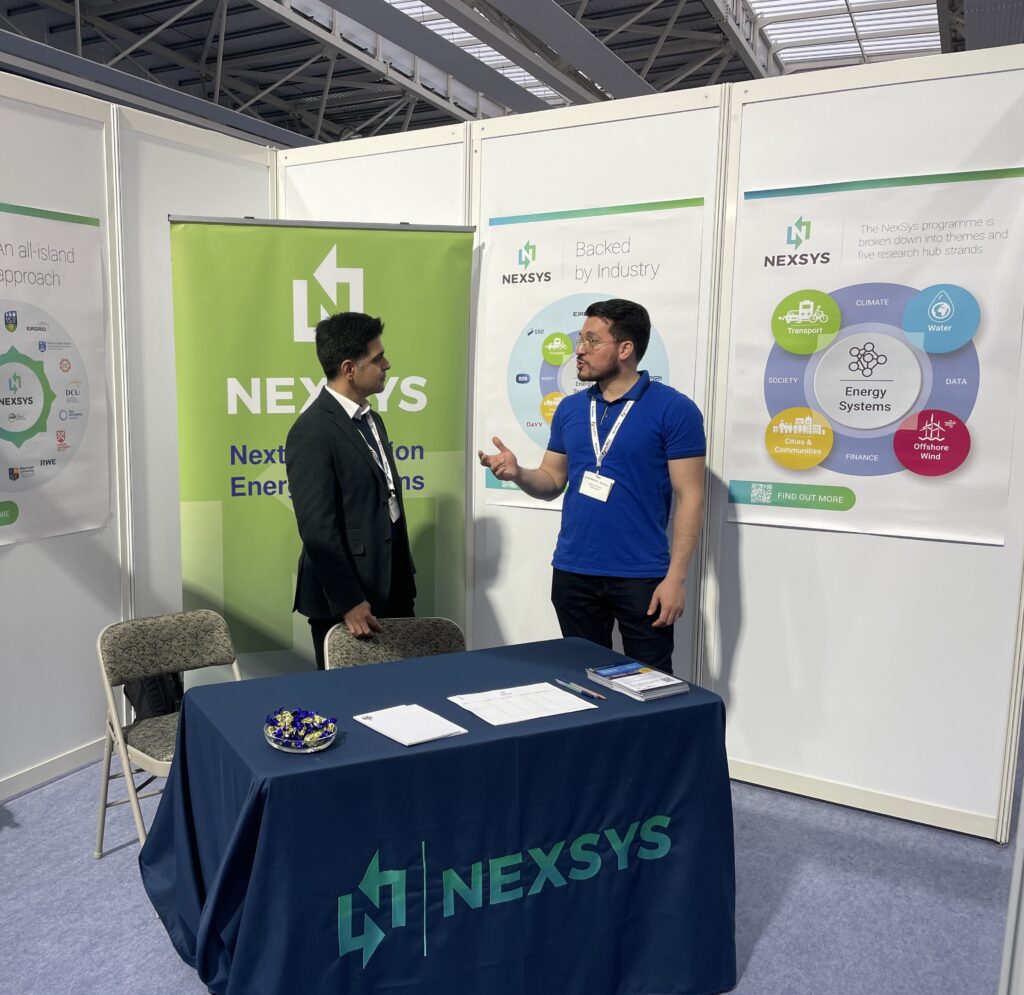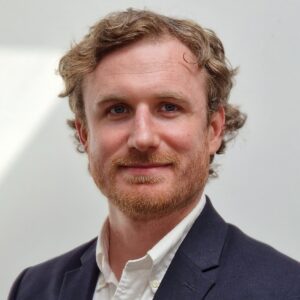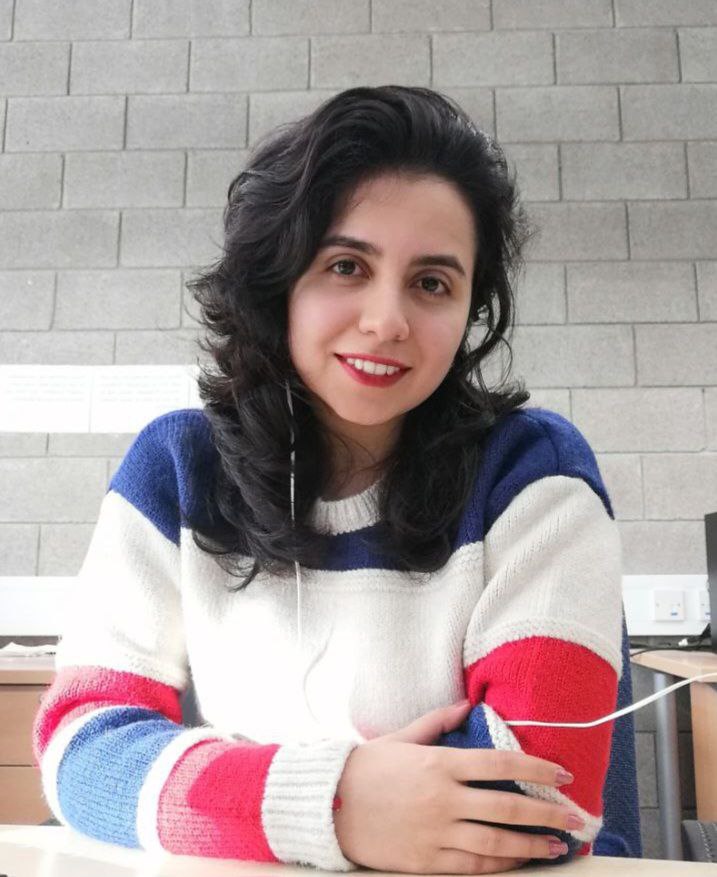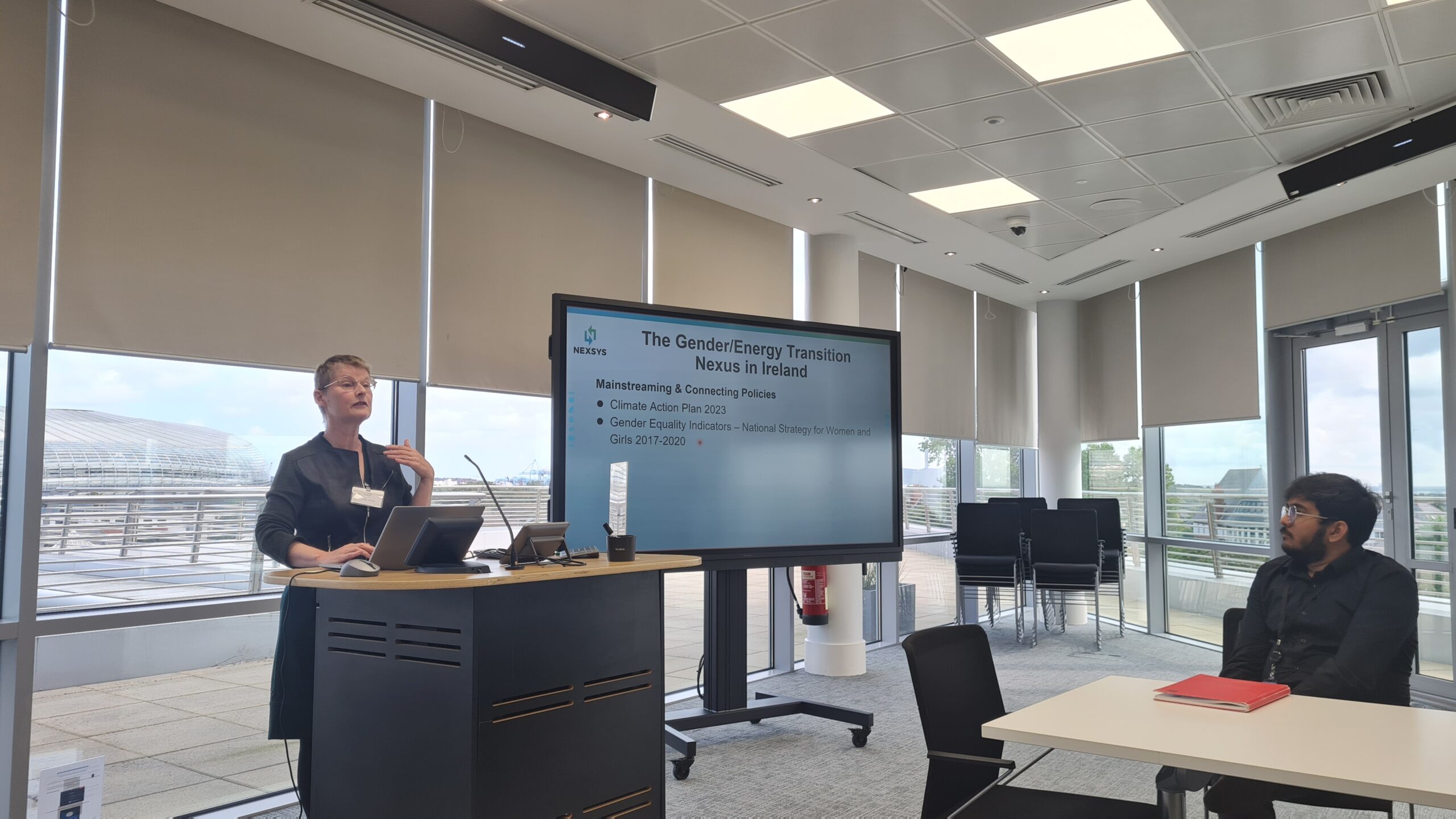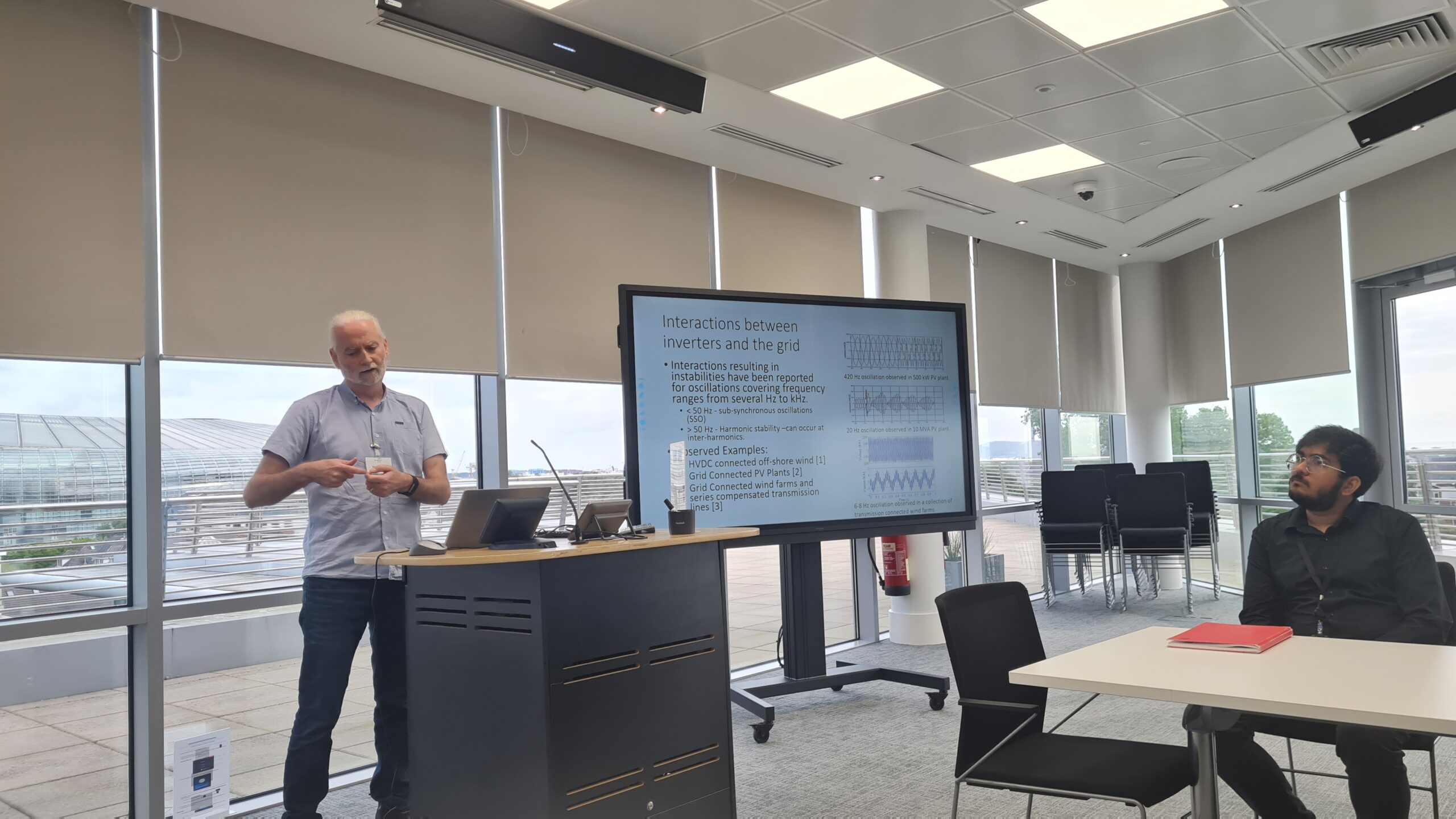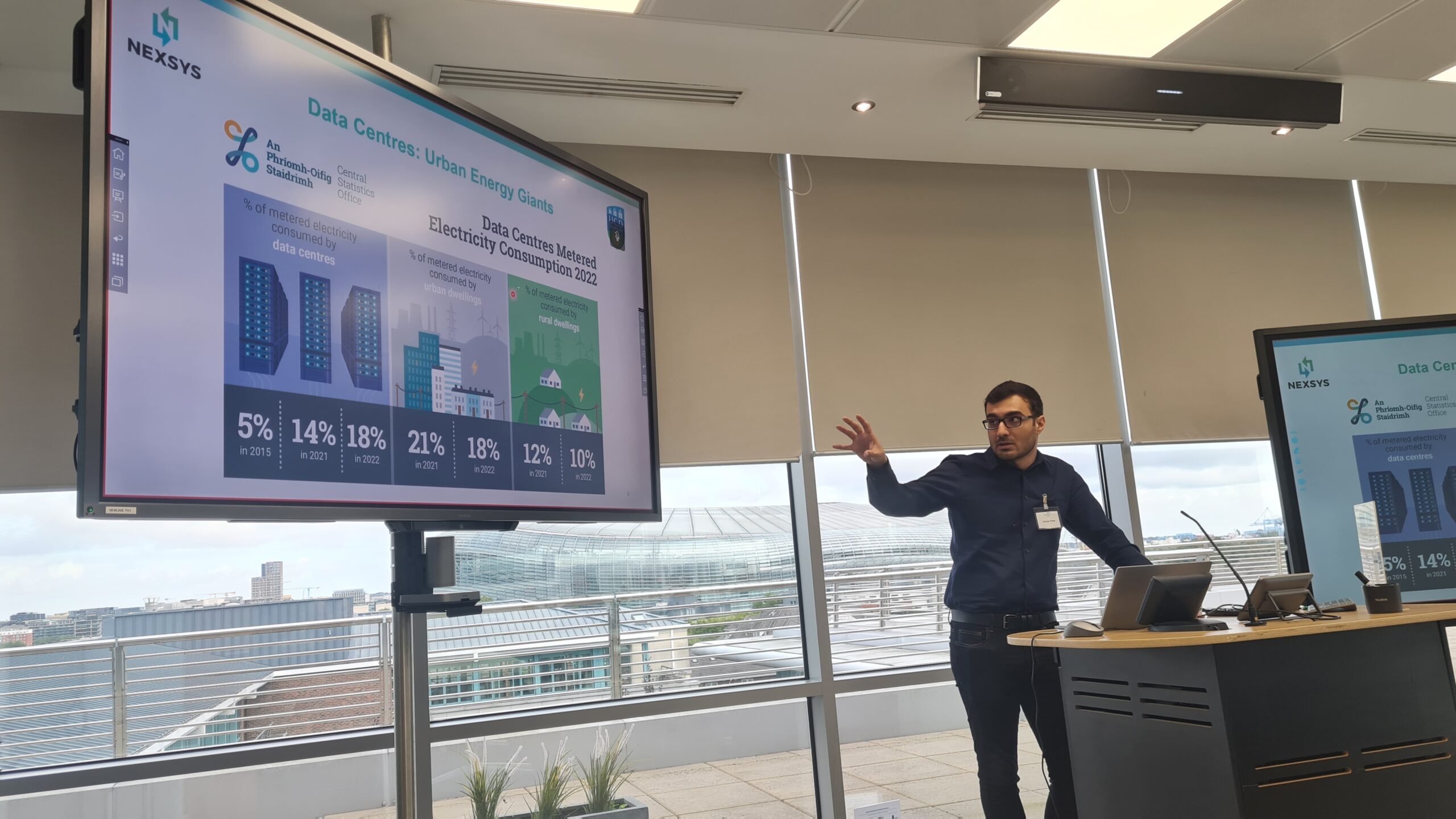NexSys researchers generate new dataset of 1 million residential buildings
A new paper co-authored by NexSys researchers presents an open dataset of characteristics of 1 million residential, urban buildings, based on data from buildings in Dublin.

NexSys researcher and study lead author Usman Ali
The dataset – which is freely available here – includes building features such as heating, ventilation, air conditioning systems, and building fabric properties such as U-values for the walls, roofs, floors, doors, and windows. Parameters related to heating, lighting, interior equipment, photovoltaic systems, and hot water energy demand are also available.
The researchers used annual building energy simulations to generate the dataset which includes data on terraced, detached, semi-detached, and bungalow-style urban residential buildings.
NexSys researchers Dr Usman Ali, Senior Energy Systems Researcher in the School of Mechanical and Materials Engineering in UCD, Prof Neil Hewitt, Professor of Energy, Faculty of Computing, Eng. & Built Environment in Ulster University, and Dr James O’Donnell, Associate Professor in the School of Mechanical and Materials Engineering in UCD, are co-authors on the paper, which is published in Data in Brief.
“The dataset holds immense potential for future research in the field of building energy analysis and modelling,” write the authors in the paper.
“We hope that it [the dataset] will be a valuable resource for researchers – including Nexsys researchers studying electricity consumption or renewable technology uptake for instance – and also for policymakers looking at urban building performance and efficiency,” explains lead author Dr Usman Ali, who is based in the School of Mechanical and Materials Engineering and UCD Energy Institute in UCD.
“It took two months to run the simulations needed to generate the dataset,” he adds.
The modelling tools jEPlus, EnergyPlus and Design Builder were used for the computer simulations. Outputs of the models include Energy Use Intensity (EUI in kWh/(m2*year)) and Energy Performance Certificate (EPC) labels, categorised on an A to G rating scale.
In a separate paper, Usman and colleagues used machine learning techniques to interrogate this dataset. One of the questions they looked at was the impact of retrofitting a building with and without PV on building performance and energy rating. As a next step, the research team plans to extend this GIS-based modelling work to create a dataset of all Irish buildings.
UCD Energy Institute researchers Divyanshu Sood (PhD student), Sobia Bano (PhD student) and Cathal Hoare (senior energy systems researcher) are also co-authors on the paper.

The four type of Dublin buildings used in the models
The research was part-funded by NexSys, and part-funded by a US-Ireland R&D Partnership.
Notes
Full publication details:
Usman Ali, Sobia Bano, Mohammad Haris Shamsi, Divyanshu Sood, Cathal Hoare, Wangda Zuo, Neil Hewitt, and James O’Donnell. “Urban Residential Building Stock Synthetic Datasets for Building Energy Performance Analysis.” Data in Brief (2024): 110241 https://doi.org/10.1016/j.dib.2024.110241.
Link to dataset: https://data.mendeley.com/datasets/m6vv9k9gcd/

